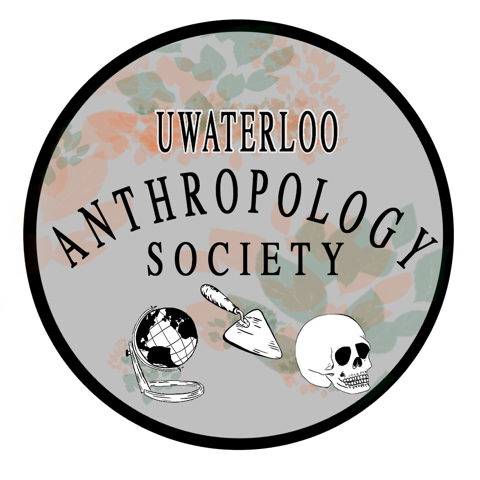Understand the diversity of the human condition

Waterloo's Anthropology program encompasses three of the discipline's traditional major sub-fields: sociocultural anthropology, archaeological anthropology, and biological (physical) anthropology.
Students in the program are required to take both theoretical and practical courses in all three of these sub-fields. This broad approach introduces the student to the whole field of anthropology in order to emphasize the holistic theory which underlies all these ways of studying human development and culture.
Anthropology students explore our cultural practices and biological complexities in the past and present, and in globally specific contexts.
In the University of Waterloo’s anthropology program, students gain an 'anthropological sensibility' that builds knowledge and skills for life and work beyond the University. In a rapidly changing, increasingly globalized world, it is critical to understand the unions, disjunctures, and discursive changes over time, between species, and among cultural practices.
UWaterloo anthropology students learn techniques of research design, field methods, and have fieldwork opportunities that bring classroom learning to life.
Our teaching focuses on three of the sub-fields of Anthropology
Sociocultural Anthropology
Sociocultural Anthropology addresses the full global array of human groups and their cultural practices, beliefs, and social action, including interactions between groups, present and historical. It considers contemporary social transformations such as migration, transnationalism, and globalization and their varied effects in specific local sites. Cultural anthropology has significance for broad social concerns and intercultural understanding.
Archaeological Anthropology
Archaeological Anthropology is concerned with the study of past cultures through the material remains people have left in their towns, villages, or campsites. Archaeologists examine these remnants of the past to reconstruct a picture of social and cultural life, and of human cultural evolution.
Biological Anthropology
Biological Anthropology examines the interaction of our cultural and biological complexities. Through methods ranging from osteological analyses to the observation of primate behaviour, Biological Anthropologists consider such issues as the origin of language abilities, and disease in past populations and its relationship to cultural practices.
Get Involved
 The Student Anthropology Society arranges social and scholarly events during the year. Members of the society can often be found in the Anthropology Lounge.
The Student Anthropology Society arranges social and scholarly events during the year. Members of the society can often be found in the Anthropology Lounge.
The Anthropology Society also maintains the AnthSoc (Anthropology Society) mailing list, to which all Anthropology students are encouraged to subscribe.
Check out the ANTHSoc website.
Arts Student Union (ASU) - the Faculty of Arts student government
Academic societies for nearly every arts major
Waterloo Undergraduate Student Association (WUSA) - UW's student government
Imprint - UWaterloo's student newspaper
Arts Undergraduate Student Life - learn more about events, volunteer opportunities, and being part of the Arts Ambassador Team.
